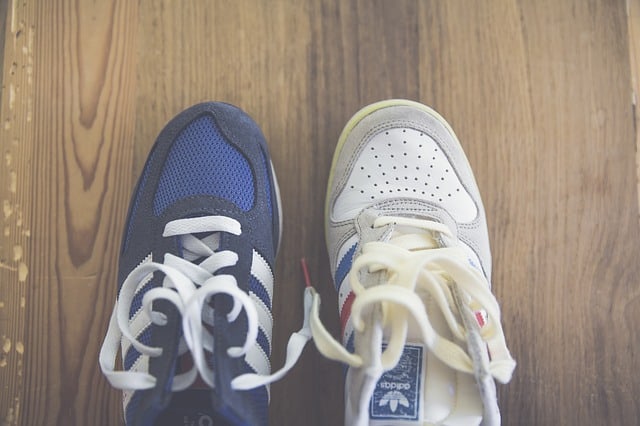by Integrative Psychotherapeutic Counsellor, Deborah Spratling.
I wonder what was the first thing you thought after asking yourself that question? Labels today come in many forms. In society, labels on clothing and footwear can say a lot about you. They can tell someone the type of music you like, the type of activities you like doing or the places you have been and are a way to start a conversation about shared interests. Or these labels may mean you are judged by another person in a negative way and they could take a dislike to you because you do not fit in with their group of friends or ‘tribe’.
This goes back to caveman days when humans hunted in packs and if someone didn’t fit in because they were different or weak they would be sent away from the pack and left to fend for themselves. This often didn’t end too well. As a person this will still affect you. If you feel you don’t fit in a group, be it family or friends or even on social media you may feel rejected and alone which could lead to fear or sadness. These are often more commonly labelled anxiety and depression.
Don’t get me wrong, there are some labels that can be helpful. If a health professional diagnoses you with a learning difficulty such as dyslexia or dyspraxia it can help others to understand the challenges you face and you will be given additional support in school or in college to overcome these.
Other types of labels are given to you by others defining how they see you as a person. Labels used such as gay, straight, bisexual, Goth or Emo. Or you may give yourself your own labels based on what others have said to you in the past. Well-meaning parents or teachers who wanted you to do well at school, who said you needed to work harder or be better. Without realising we twist this around and label ourselves as not clever or capable. The label of “not being good enough”. This is often reinforced by seeing others on social media who you feel are better than you and living a happier, more exciting or successful life. Other labels are given by people who tease you or bully you. You then wear these labels in your thoughts or deeper beliefs of “I’m stupid, fat, crazy, weird, a loser”.
Your mental and emotional health can be affected by the labels or negative thoughts you tell yourself. A mental health label can be scary. The world is starting to become more aware and empathetic when it comes to mental health labels, although there is often stigma still attached to these. As a human being you are open to being affected by mental health illness depending on what life throws at you. Difficult experiences and relationships affect this. If you are good at telling yourself you can cope when difficulties come along, that life will change and improve and you are able to see the positives, this is known as resilience and helps you to remain emotionally and mentally healthy.
The unhelpful thing about labels is that often people can’t see past them. There is a person under the label, including those of mental health. Try to question what has happened to that person or is happening to them rather than thinking, what have they got. Treat them as a valuable human being that needs your help, understanding and support as you would a friend.
Labels don’t tell the world who you really are inside. They overshadow the wonderful qualities or skills you have. Qualities such as kindness, generosity, humour, playfulness, willingness to learn, flexibility, intelligence, honesty, bravery, confidence, a trusting nature, curiosity, a good friend or a good listener.
Ideas to help you overcome negative labels and critical thoughts
- Observe the negative thoughts you have about yourself and think about who they remind you of.
- Question the thoughts and beliefs you have about yourself. This is something that will help to keep you emotionally healthy and happy.
- Become aware of your ongoing internal mind chatter and say “no thank you” to the negative thoughts and replace them with something more positive and helpful to your emotional and mental health.
- Believe in and be yourself. You have far greater qualities which are shown to others in your self-confidence and self-esteem. If you don’t feel confident, fake it. No-one will know.
- Ask your best friend to write on a plain t-shirt the qualities they love about you. Do the same for your friend.
- Be your own best friend and show yourself kindness and respect and realise that you are trying to do your best with what life has taught you so far and that you are learning and developing as a human being every day, regardless of what others say or the labels they want you to wear.
About the author: Deborah Spratling is an Integrative Psychotherapeutic Counsellor and Life Coach who works with children, young people and adults in talking and creative therapies. Supporting end empowering people to help them understand how their thoughts, feelings, behaviours and deep seated beliefs impact upon their happiness and emotional and mental health. She also educates through writing and training with a mind to bringing more clarity and awareness to others about mental and emotional health.
You can follow Deborah @debsspratling on social media.
image by markusspiske under CC0 license




